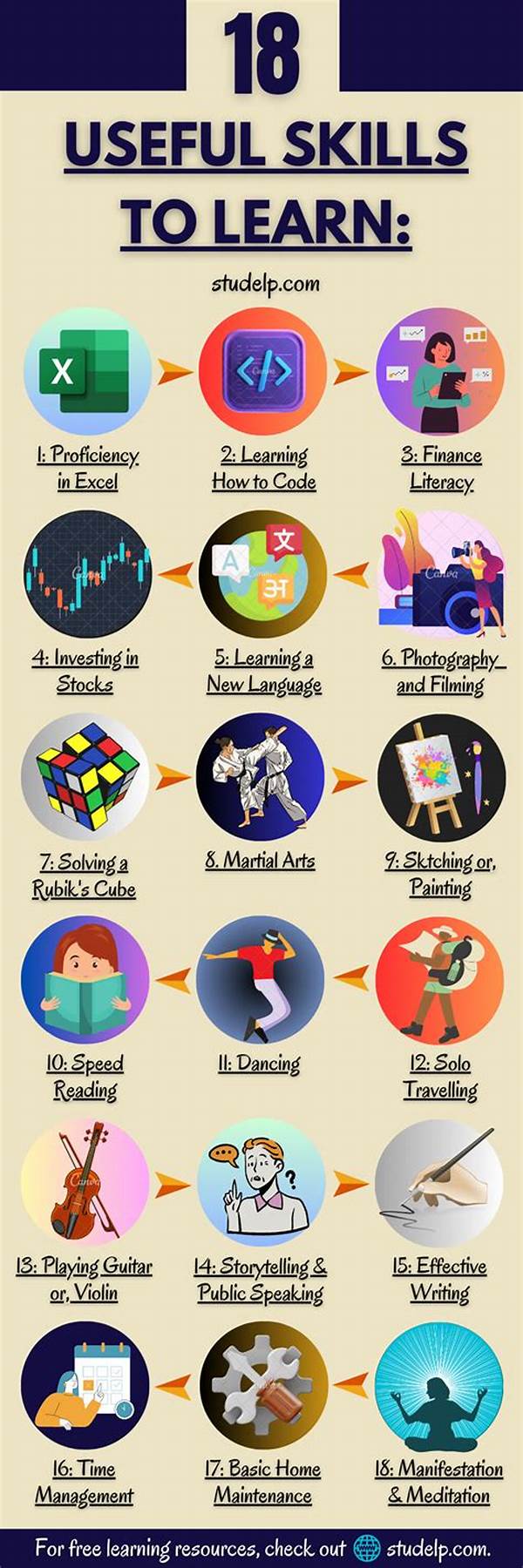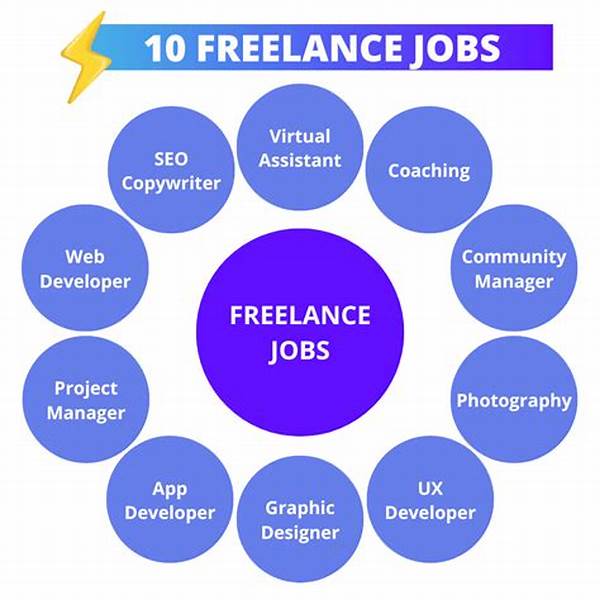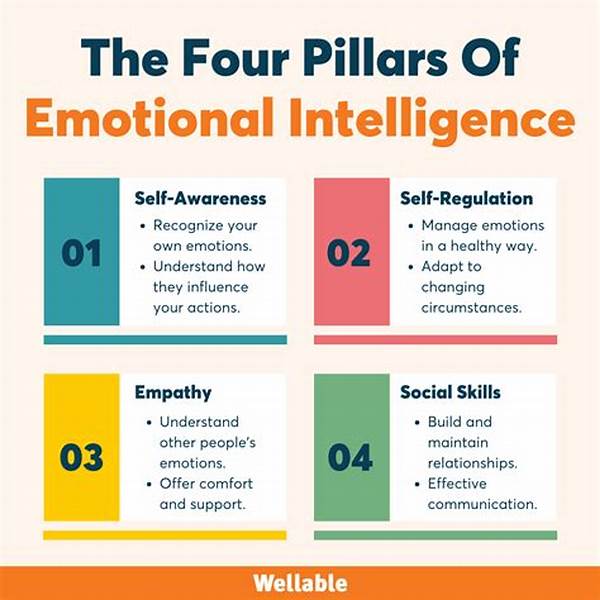
What is the Best Skill to Learn for Freelancing
Read More : What Are Freelancing Tips
In the fast-evolving world of freelancing, one might find themselves asking, “What is the best skill to learn for freelancing?” It’s more than just a question; it’s the golden ticket to unlocking potential, freedom, and, frankly, the elusive financial success every freelancer dreams of. The gig economy is flourishing, making it a competitive landscape where unique skills can open doors to unimaginable opportunities. This isn’t merely about survival; it’s about thriving in an environment as dynamic as your favorite blockbuster movie. The freelance universe offers endless possibilities—whether you’re a digital nomad surfing Wi-Fi waves on Bali beaches or a stay-at-home parent juggling responsibilities and client deadlines.
Freelancing has witnessed exponential growth over the past decade, with statistics from several studies showing an annual increase in individuals looking to trade traditional 9-to-5 roles for flexibility. The intriguing part isn’t just the sheer number of people joining this movement, but the diverse range of skills they bring to the table or, more interestingly, the skills they choose to develop to stay ahead. It’s not only about choosing a path but selecting the right shoes to tread it. Your journey can either be hindered by pebbles of irrelevance or boosted by skills that are in high demand.
So, when posed with the question, “what is the best skill to learn for freelancing,” one must consider a holistic view: the skill that aligns with global market demand, personal passion, and areas that forecast sustained growth. Finding the right answer entails not just jumping on board with popular skills but investing time to develop adeptness that creates a unique selling proposition, thereby setting oneself apart in an ocean teeming with talent.
The Skill That Reigns Supreme
While it’s easy to list programming, graphic design, and digital marketing as top contenders, the ultimate answer depends on various factors including industry trends, personal interest, and economic projections. Skills in technology-related domains, for example, have consistently topped lists. Coding is not just a skill; it’s a language—the DNA of every digital entity. As automation continues to replace traditional roles, coding is the metaphorical key to the matrix of freelancing futures.
Communication is another pivotal skill transcending all disciplines. Effective communication isn’t merely about conveying messages but also about understanding client needs and articulating complex ideas in a manner that’s both engaging and convincing. It’s the bridge linking your skills to market needs, ensuring navigability through whatever tumultuous waves may arise in the freelancing sea.
Lastly, adaptability is more than a skill; it’s a mindset that every freelancer should hold dear. It’s the ability to quickly adjust to new tools, changing market demands, and expanding client expectations. Essentially, the best skill isn’t static; it’s a dynamic combination of expertise, communication, and versatile thinking.
—
Description and Exploration: Diving Deeper for Freelancers
Freelancing is not just a career choice or a temporary job role; it’s a lifestyle many people aspire to adopt, leading them to ponder, “What is the best skill to learn for freelancing?” Delving deeper, a freelancer’s journey resembles a quest, whereby every new skill adds a layer to their entrepreneurial armor. The gig economy’s allure lies in its promise of independence, diverse projects, and the ability to set one’s schedule, making it an attractive option for both millennials and boomers alike.
The dream of freelancing, however, can shatter quickly without the right skills. The initial thrill is often overshadowed by the realization that securing consistent work requires more than just enthusiasm. It’s about developing a skill set that not only meets current client needs but anticipates future demand. This is where strategic learning—focusing on skills with high growth potential—comes into play. One must be willing to invest in continuous learning and refinement of their craft, ensuring they remain an indispensable asset within their niche.
Despite the demanding nature of freelancing, the excitement of working with different clients, industries, and ever-changing projects injects an addictive adrenaline rush. No two days are alike, thrusting freelancers into a world bursting with variety, challenge, and dynamic innovation. The secret ingredient to thriving, though, is discovering what is the best skill to learn for freelancing that also sparks personal joy, making work feel less like an obligation and more like a passion project.
Embracing the Future: Learning Digital Skills
Perhaps unsurprisingly, digital skills top many lists when analyzing “what is the best skill to learn for freelancing.” Amidst the rise of digital transformation, these skills don’t just secure a present livelihood but prepare freelance professionals for the future paradigm of work. From crafting stunning websites using HTML/CSS to mastering AI-driven analytics that drive business strategy—digital prowess positions a freelancer at the intersection of creativity and technology.
Yet, mastering digital skills is part art, part science. The art lies in applying these skills creatively, thinking outside the box to solve complex problems, while the science involves understanding the technical aspects to ensure functionality and efficiency. It’s this synergy that often captures clients’ attention and leads to lasting partnerships, proving that skill mastery, combined with creative application, holds the key to unlocking freelance success.
Client-Driven Skills and Successful Freelancing
Client satisfaction reigns supreme in the freelancing world, making it essential to cultivate skills directly aligning with market demands. A successful freelancer isn’t merely one that accommodates clients but anticipates their needs before they verbalize them. That’s where business acumen and strategic thinking come into play, often steering freelancers to consistently inquire, “what is the best skill to learn for freelancing?”
Building a solid reputation means targeting skills with enduring value, such as project management. Although not always spotlighted, project management skills are foundational in organizing, prioritizing, and executing tasks efficiently, reflecting organizational stability clients invest in. Furthermore, honing negotiation skills is imperative, influencing contract terms, pricing strategies, and scope adjustments—directly impacting a freelancer’s bottom line.
—Summarizing Key Insights:
Unlocking Freelance Success through Skill Mastery
The freelancing industry offers a smorgasbord of opportunities, each bite unique with challenges and rewards. When faced with “what is the best skill to learn for freelancing,” understanding industry needs, personal strengths, and future alignment becomes essential. Developing a balanced skill set—comprising hard skills, like digital proficiency, and soft skills, such as empathy and communication—is critical to standing out and ensuring long-term sustainability.
Information on emerging technologies provides fresh insights, prompting freelancers to evolve continually. Rather than resting on laurels, proactive skill enhancement can transform potential obstacles into career-defining moments. Take, for instance, the overlap of artificial intelligence and human creativity, redefining how freelancers approach problem-solving, ultimately placing them at the forefront of industry innovation.
—
Crafting a Future-Proof Skill Set
Making the calculated decision on “what is the best skill to learn for freelancing” involves strategic foresight. To withstand disruptions and client fluctuations, investing in versatile skills that transcend market volatility is paramount. Whether delving into the technical realm, exploring creative fields, or honing interpersonal skills, creating a unique blend is key.
Freelancers equipped with foresight can define their paths rather than being bound by industry currents. This self-awareness, combined with strategic learning, forms the foundation for building lasting partnerships and establishing a trusted professional brand. In the end, the best skill isn’t singular but a collection that resonates with emerging trends and personal aspirations.
—
Tips for Freelancing Mastery
Unveiling the secret to freelance mastery demands an amalgamation of strategic skill selection, mindful learning, and unwavering passion. Here are some expert tips to elevate your freelance career:
1. Research Market Trends: Analyze industry shifts to align skills with those in demand.
2. Continuous Learning: Commit to ongoing education to enhance your competitive edge.
3. Client-Centric Approaches: Focus on skills fostering strong client relationships.
4. Networking: Engage with industry peers to uncover collaboration opportunities.
5. Portfolio Diversity: Showcase a range of skills illustrating versatility and creativity.
6. Self-Promotion: Leverage social media and online platforms to highlight expertise.
By embedding what is the best skill to learn for freelancing into daily practices, freelancers can not only secure current roles but also shape future trajectories. Attaining freelance success isn’t just about market survival but thriving through strategic skill empowerment and market alignment.
Continuously revisiting one’s skill set and aligning with industry trends is a crucial aspect of maintaining relevance and achieving a fulfilling freelancing journey.
—
By embracing these strategies, freelancers can navigate the vibrant gig economy, thriving upon opportunities specific to their passions and expertise while ensuring their skill set remains robust and aligned with emerging industry shifts.


